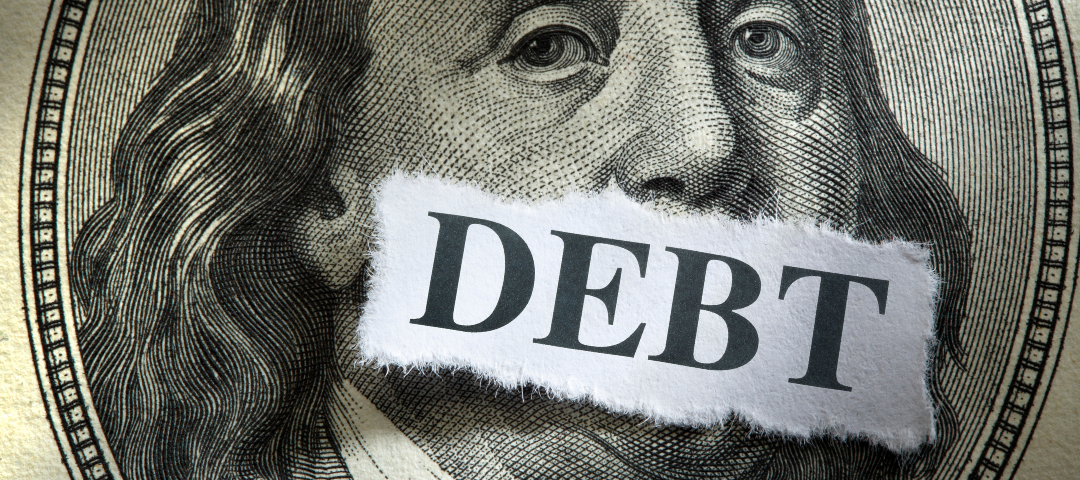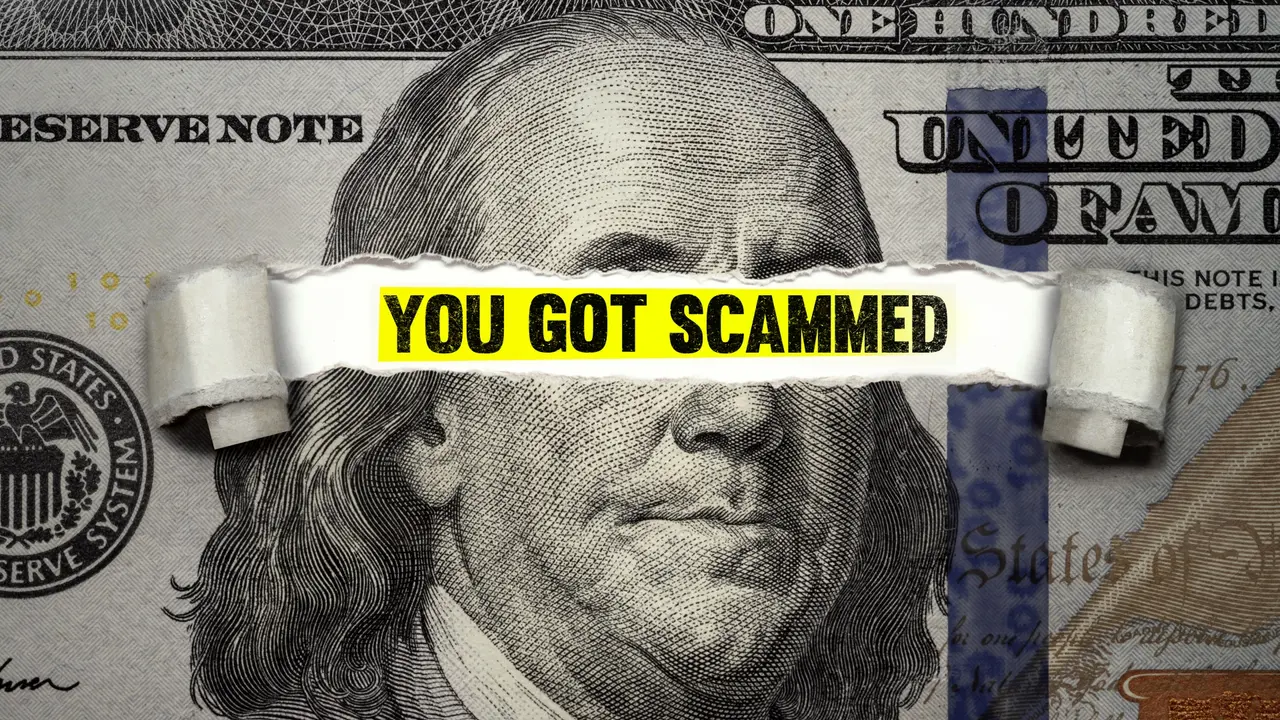Life is full of challenges, and dealing with debt can be one of the toughest. Many people face the reality of being drowning in debt and don't know where to start to get rid of this burden. This article will guide you through an eight-step process to help you regain control of your finances and begin your journey towards financial freedom.
1. Understanding the Reality of Debt
When you find yourself in a difficult financial situation, the first step is to understand your current situation. You can't solve a problem you don't acknowledge. So, let's detail the necessary steps.
1.1 Financial Situation Assessment
Main keywords: debt, financial assessment
The first step is to list all your debts. Grab a notebook or create a spreadsheet and write down:
- Type of debt (credit cards, personal loans, etc.)
- Creditor
- Amount owed
- Interest rate
- Monthly payments
It's also crucial to understand your monthly income and expenses. Create a detailed budget that records your spending, allowing you to see where your money is going and where you can cut costs.
2. The Attack Strategy: The Snowball Method
2.1 Choose Your Strategy
Secondary keywords: debt payment strategy, snowball debt
After assessing your situation, it's time to develop a strategy to pay off your debts. While many recommend starting with the highest interest debts, the "snowball" strategy is highly effective.
In this approach, you will pay off the smaller debts first. This technique generates quick wins, which increases your motivation. As you pay off small debts, the money you were using for those debts is then "rolled" into the next one, creating a snowball effect.
3. Negotiations and Restructuring
3.1 Talk to Your Creditors
Secondary keywords: debt negotiation, payment plan
An often-overlooked step is talking directly to your creditors. Many times, they are willing to negotiate a more flexible payment plan or even accept a lower amount to settle the debt.
For example, if you have a medical debt of $5,000, you may be able to negotiate it down to $3,000. This strategy can significantly alter your payment trajectory.
4. Increase Your Income
4.1 Look for New Opportunities
Secondary keywords: extra income, side hustle
An effective way to accelerate debt repayment is to increase your income. Consider opportunities like:
- Part-time work: Look for an additional job to boost your monthly earnings.
- Freelancing: Use your skills for freelance work.
- Selling unused items: Get rid of furniture or electronics you no longer use.
5. Cutting Unnecessary Expenses
5.1 Mindful Spending
Secondary keywords: expense reduction, personal budget
Now that you are aware of your finances and have increased your income, it's crucial to cut unnecessary expenses. Review your budget and identify areas where you can save. This could include cutting back on dining out, canceling unused subscriptions, and buying products on sale.
6. Seeking Professional Help
6.1 Financial Consulting
Secondary keywords: financial consulting, professional help
If you're feeling overwhelmed, seeking professional help can be an option. Financial consultants offer personalized guidance and specific strategies for your situation.
7. Avoiding New Debt
7.1 Behavior Change
Secondary keywords: debt prevention, financial literacy
As you work to pay off your debts, it's vital to change your relationship with money. Avoid taking on new debt, especially for depreciating items. A helpful strategy is to establish an emergency fund to cover unforeseen events without resorting to loans.
8. Motivation and Organization
8.1 Setting Goals and Tracking Progress
Secondary keywords: financial goals, debt tracking
Finally, stay organized and motivated. Set specific goals on how much you want to pay off within a certain period and review your progress regularly. Consistent monitoring will keep your motivation high.
Conclusion
Getting out of debt can seem like a daunting task, but with a solid plan and determination, you can regain control of your finances. Remember that change doesn't happen overnight, but every step counts.
If you commit to these steps and continuously educate yourself about personal finance, you will see a brighter, debt-free future. Start your journey today and share your experience!
Frequently Asked Questions
1. How can I efficiently list my debts?
- Use a spreadsheet or finance app to categorize and track them.
2. Is it really possible to negotiate with creditors?
- Yes! Many creditors are willing to renegotiate to avoid defaults.
3. How can I avoid falling back into debt?
- Establish an emergency fund and avoid impulse purchases.


